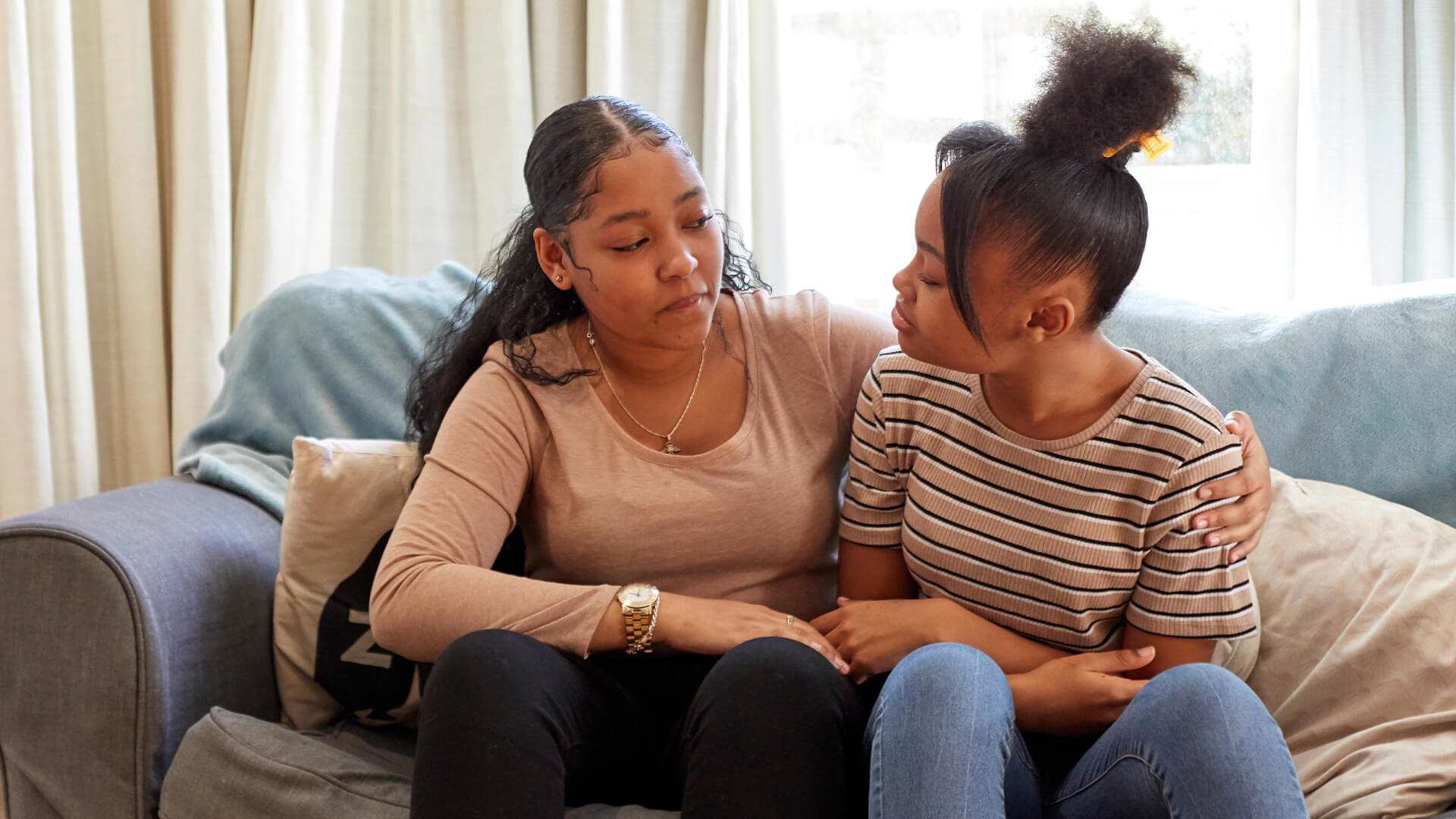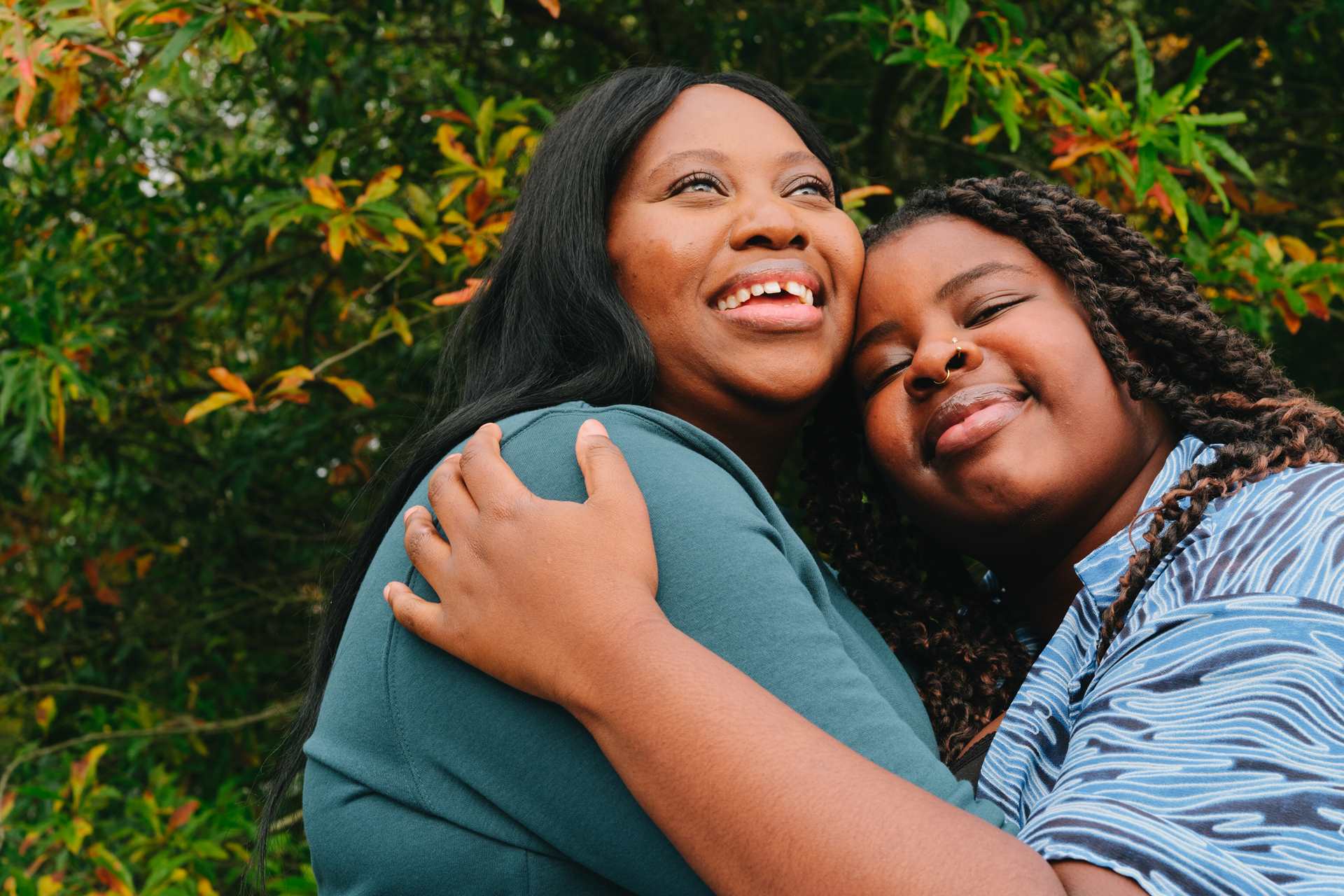Topics mentioned: family, self-care, supporting a friend
About: When supporting a sibling with their mental health, our blogger started to struggle and feel anxious. Here's how they learnt to care for their own wellbeing too.
I think the most important and sometimes hardest thing to remember is that we can’t control the choices someone makes in their own mental health journey.
Supporting a loved one in times of need is a natural response. But when that person needs a lot of support, it’s important to maintain the balance. You’ve got to look after yourself while supporting somebody else.
I started navigating this concept earlier this year when my younger sibling began to struggle with their mental health. As an older sibling, I became a safe place for them as they were going through their own internal and external struggles. As someone who tends to pride themself on self-care and positive attitudes, I felt as though I was unaffected by what was happening around me. But then my wellbeing began to slip. I realised it was time for me to take a step back and think about how I could handle the situation in a healthier way.
Upon reflection, I think I had two difficulties related to control. Firstly, I let my sibling’s mood dictate mine. I thought I couldn’t do anything to make myself feel better as it was the situation that needed to change. Secondly, I wished that my sibling would take all of the advice I was giving them. This was unrealistic. I’d get frustrated and anxious when they would sometimes make the opposite choice or their wellbeing would dip.
This combination of attitudes left me feeling exhausted, anxious and almost permanently thinking about my sibling. I think the most important and sometimes hardest thing to remember is that we can’t control the choices someone makes in their own mental health journey.
Taking control of my own mental health instead
Here are my tips to help others look after their mental health while being there for a sibling.
Letting people know that I’m struggling was difficult. I was in the mindset that this was not my struggle, but my sibling’s. However, letting my friends and my college know what was going on was one of the best things for me. They were there to support me, and me only.
Self-care was something that I’d pride myself on, but I was given the wake-up call that I needed to incorporate things daily. Not just having a weekly cleanse every Sunday. These are little things, like taking time to myself with a cup of tea before bed and going on a run two or three times a week.
When in a situation that was more or less out of my hands, finding routines was really beneficial. They added an element of structure into my life and something that I could control.
I found this to be the hardest thing to do. While I’m still completely open to when my sibling wants to talk, I’ve begun to set some boundaries around it. For example, if I’m about to go to sleep I’ll say “I will talk to you about this, but not at this moment”. This may seem small, but it is a big step.
The learning process continues
I can’t say that I’m an expert in how to look after myself in the best way, but I don’t know if it’s possible for anyone to be an expert in such a thing. If you’re reading this and going through similar circumstances, take heart that you’re doing the best you can. Take some time to yourself.
If you’re reading this and going through similar circumstances, take heart that you’re doing the best you can.
More information and advice
We have tips and advice to help you find the support you need. Take a look at our guides.
Where to get help
However you're feeling, there are people who can help you if you are struggling. Here are some services that can support you.
-
Childline
If you’re under 19 you can confidentially call, chat online or email about any problem big or small.
Sign up for a free Childline locker (real name or email address not needed) to use their free 1-2-1 counsellor chat and email support service.
Can provide a BSL interpreter if you are deaf or hearing-impaired.
Hosts online message boards where you can share your experiences, have fun and get support from other young people in similar situations.
- Opening times:
- 24/7
-
Samaritans
Whatever you're going through, you can contact the Samaritans for support. N.B. This is a listening service and does not offer advice or intervention.
- Opening times:
- 24/7
-
Youth Access
Provides information about local counselling and advice services for young people aged 11-25.
Put in your location and what you need help with into their 'Find help' search, and see what services are available in your area.






